Ahead of the Rare Disease Research Conference, addressing the urgent need for collaboration, investment, and innovation in clinical trials is a key priority
Globally, 300 million people live with a rare disease, including 30 million in Europe and 300,000 in Ireland. With between 6,000 and 8,000 identified rare diseases, the numbers of people living with individual conditions are small. While individually rare, collectively rare diseases have a major impact on individual health and on healthcare services. Some 50-70 per cent of rare diseases present in childhood, which means this impact is lifelong and often life-limiting. Currently, 95 per cent of rare diseases have no treatment.
For the thousands of Irish families who receive a rare disease diagnosis each year, research and clinical trials offer hope, new insights, and potential therapies, while fostering community and support for those affected.
However, there are a number of challenges unique to rare diseases that must be addressed if we are to increase the impact of research and access to clinical trials for our patients. While efforts are underway to improve systems and develop infrastructure at national and European level, it is important that these are accelerated and sustained to achieve meaningful impact.
Two programmes funded by the Health Research Board (HRB) and hosted by University College Dublin (UCD) are working in tandem to support and develop rare disease research and clinical trials through multidisciplinary and cross-sectoral collaboration and public and patient involvement.
The Rare Disease Clinical Trial Network (RDCTN) is addressing the challenges of conducting rare disease clinical trials in Ireland by supporting education and training, regulatory frameworks, public and patient involvement, and industry engagement. The Rare Disease Research Catalyst Consortium (RDCat) connects Irish-based researchers, clinicians, and patient advocates with international networks to strengthen rare disease research.
These programmes have national and international impact, spanning clinical care, data collection, education, regulation, and patient advocacy. Collaborators include Health Research Charities Ireland (HRCI); Rare Diseases Ireland (RAiN); RCSI; University of Galway; European Reference Networks (ERNs); European Rare Disease Research Coordination and Support Action Consortium (ERICA); Children’s Health Ireland; Trinity College Dublin; HRB-Trials Methodology Research Network; EURORDIS-Rare Diseases Europe; and the European Rare Disease Research Alliance (ERDERA). The role of these and other initiatives working in partnership to deliver real impact for people living with rare diseases is explored in more detail below.
Resources and infrastructure
Small geographically scattered patient populations, limited and fragmented medical expertise, lack of data on disease prevalence, and poor access to genetic and diagnostic services all pose particular difficulties for rare disease research and clinical trials. Increasing access for Irish patients will require development of vital infrastructure, a highly trained workforce and investment in research.
Infrastructure
Lack of core infrastructure, including rare disease patient registries, biobanks, and genetic and diagnostic services, is holding back both clinical care and research. The work of the National Genetics and Genomics Office, the National Rare Disease Office, and the new National Rare Disease Strategy must be adequately resourced and supported to provide the infrastructure that is needed for world-class research and healthcare for people with rare diseases.
Workforce
Development of a strong multidisciplinary clinical and research workforce is vital. This can only be achieved through specialised educational and support mechanisms, increased awareness, and dedicated funding. The RDCTN and RDCat offer education and training opportunities through workshops, webinars, and conferences covering areas such as public and patient involvement, rare disease trial methodology, data and regulatory frameworks, and translational research. They also support early career researchers through seed funding and fellowships.
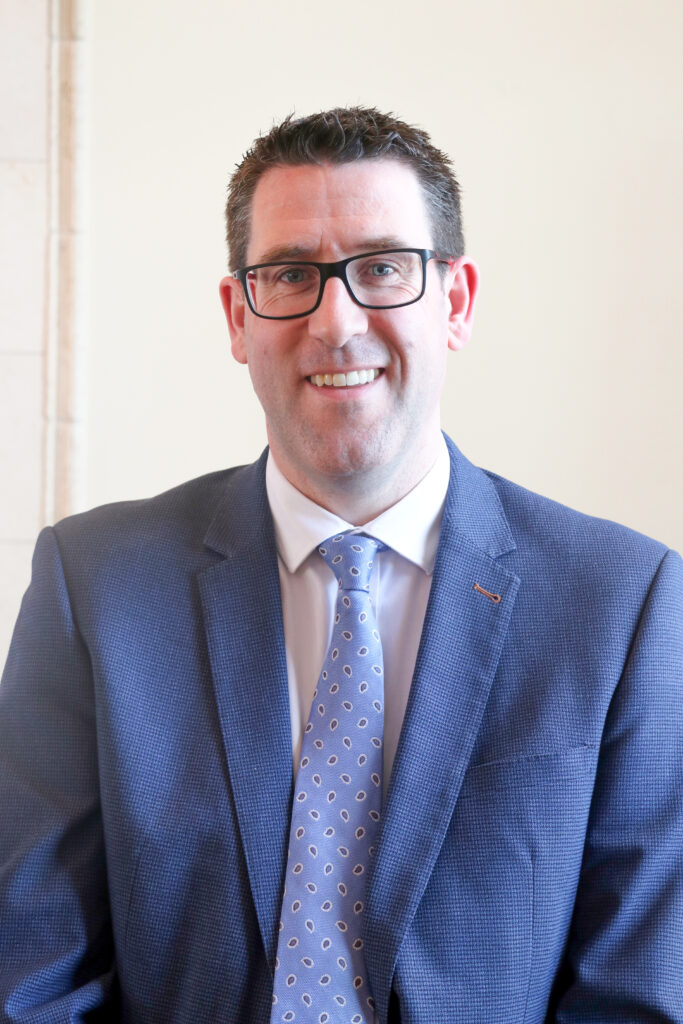
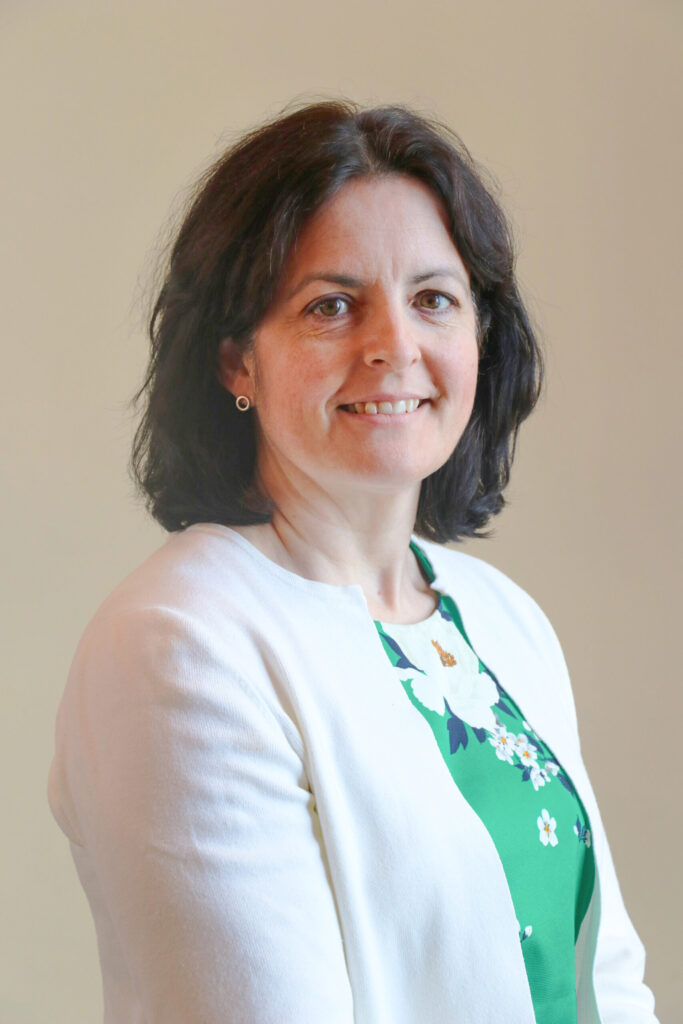
Research funding
Dedicated funding for rare disease research is also required. This includes increased investment in clinical research, basic science and in the translational research that converts these into meaningful therapies and interventions. ERDERA’s first joint transnational call which aims to advance therapeutic solutions for rare diseases, offers opportunities for international collaborations. At national level, the HRCI-HRB joint funding scheme offers the possibility of research funding led by health charities who are members of HRCI, many of whom are rare disease charities. Despite these shining examples, we believe a dedicated rare disease research programme with ringfenced funding is needed to bring Ireland in line with comparable EU countries and to meet the potential and expectations of our research and patient communities.
Data
Rare disease patient registries have a vital role in rare disease research and clinical trials. They provide data and connect affected patients, families, and clinicians to improve patient care and healthcare planning as well as providing an accurate picture of the global disease burden. Through use of quality-of-life measures and patient-reported outcome measures they enable patient experiences and preferences to be understood. Crucially, patient registries establish a patient base for evaluating medicines and medical devices. Patient registries must be considered as a core component in health data and informatics planning and implementation.
Clinical trial processes
High administrative burden, insufficient workforce, and slow start-up prevent Ireland from attracting clinical trials at the rate of other European countries. The Clinical Trial Oversight Group, established by the Government last year, has published interim recommendations for standardising and simplifying clinical trial processes and policies. Speedy implementation of these measures will undoubtedly bring more clinical trials to Ireland, reaping significant benefits for all Irish patients including those with rare diseases.
Patient partnership and working across borders
Cross-border collaboration is key. Stakeholders from the fields of science, medicine, industry and regulatory bodies working together with patient partners, are vital to the advancement of rare disease research and innovation. Projects such as the ERDERA, ERICA, and ERNs are building capacity for clinical care, research and innovation across Europe through education and training, data collection, guideline development, and research collaboration.
European Reference Networks
ERNs, in particular, provide an important gateway to research, guidelines, education, and registry data, all of which are cornerstones for clinical trials. These are networks of specialist centres working across borders to pool expertise and data so that healthcare providers throughout Europe can access the most appropriate diagnosis and treatment for their patients. It is a legal requirement for EU countries to participate in ERNs. Ireland is currently a member of 18 of the 24 ERNs that cover the main clusters of rare diseases. The recent naming of St Vincent’s University Hospital, Dublin, as Europe’s top-performing Centre for Rare Lung Disease reflects how Irish patients can access some of the best rare disease treatment in Europe at home. It is a prime example of how participation in an ERN enables pioneering research, access to international expertise, and a role in shaping the future of rare lung disease treatment.
Each ERN has an associated registry or registries, funded and hosted by the EU to ensure sustainability. RDCat is working to enable Irish clinicians to use ERN registries in a way that meets patients’ needs and increases Irish rare disease research activity through preparation of nationally acceptable data protection impact assessments, ethics submissions, and registry governance.
ERDERA
Building on the achievements of previous European rare disease partnerships, ERDERA has three key aims: To enhance collaboration by aligning research funding and integrating EU and national rare diseases strategies; to enable the translation of research results into cost-effective solutions that reach patients; and to reduce the fragmentation of knowledge and data to achieve a holistic approach to research and innovation in rare diseases. Irish partners are involved in work packages relating to supporting under-represented countries, public and patient involvement, and education and training.
Public and patient involvement
Public and patient involvement must be central to all stages of the research and clinical trial journey. Inclusivity, communication, and collaboration are the cornerstones that ensure trials are best suited to the circumstances of those taking part and that outcomes are relevant to the needs and experience of patients, caregivers, and families. As well as leading the way in rare disease research and providing a hub for clinical trials, both the RDCTN and RDCat are instilled with a novel and meaningful approach to public and private involvement. By bringing together patients, carers, healthcare professionals, community organisations, and researchers, they foster collaboration, knowledge-sharing, and, ultimately, the advancement of research that can enrich the lives of people affected by rare diseases.
Rare Disease Research Conference
The Rare Disease Research Conference takes place on 10 April in O’Reilly Hall, UCD. The conference will bring together world-leading researchers, patient advocates, regulatory experts, and industry representatives to explore these topics in more detail:




Registration and further details are available at: https://rarediseaseresearch.ie/conferences/
Authors: Prof Rachel Crowley, Consultant Endocrinologist, Co-Lead, Rare Disease Clinical Trial Network, Lead, Rare Disease Research Catalyst Consortium; and Prof Cormac McCarthy, Consultant Respiratory Physician, Co-Lead, Rare Disease Clinical Trial Network
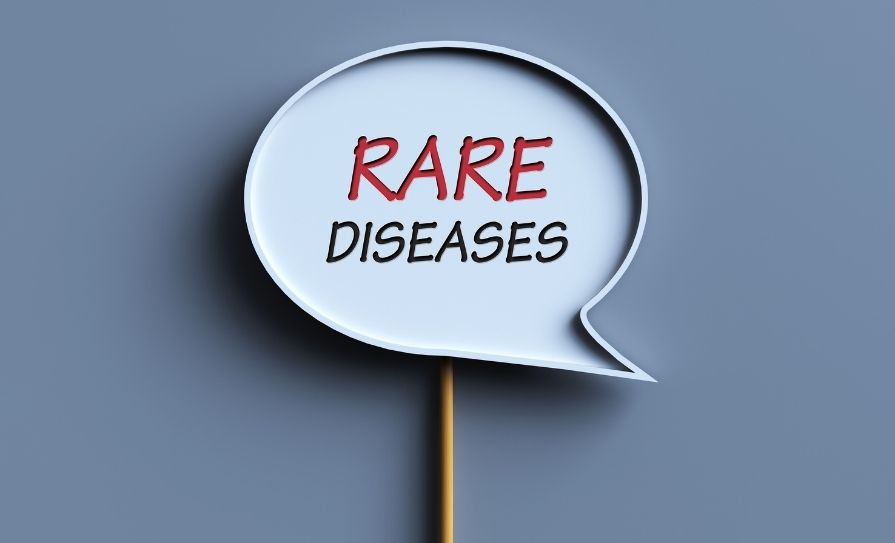
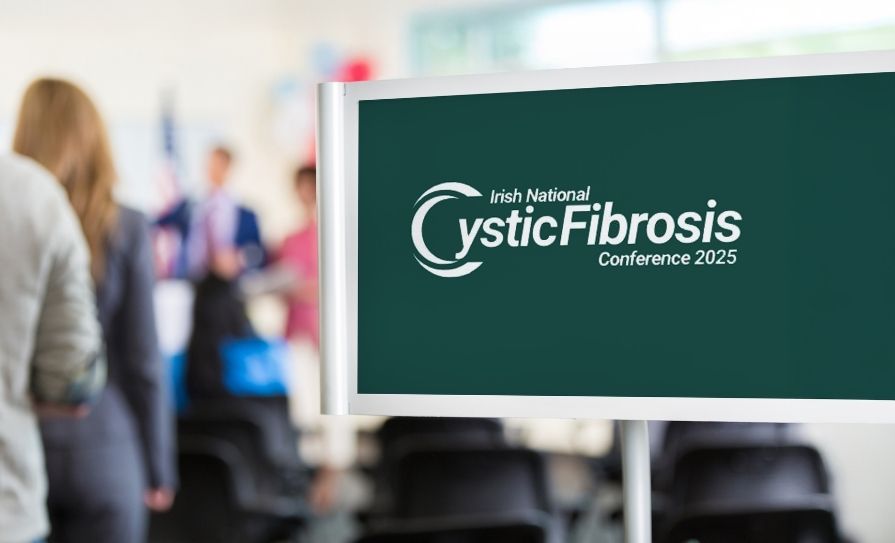
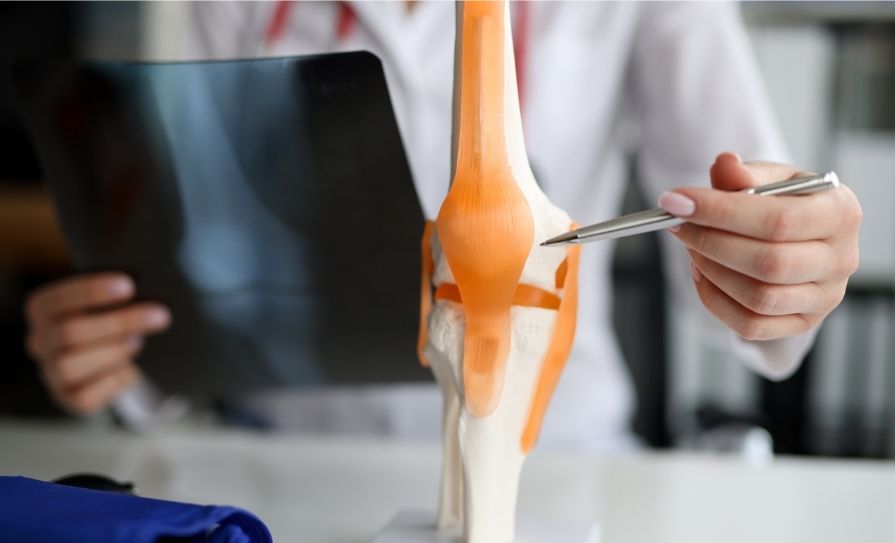

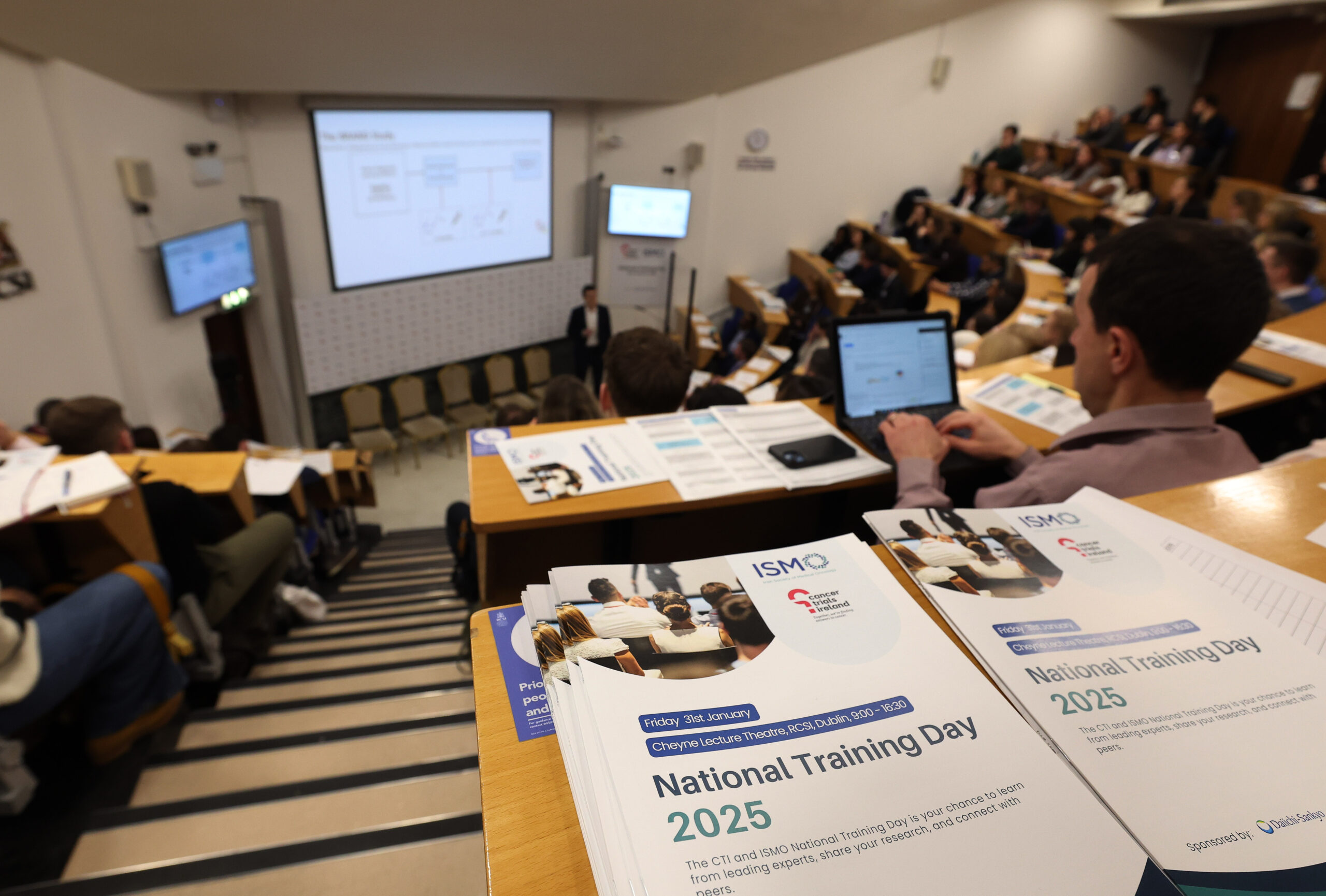
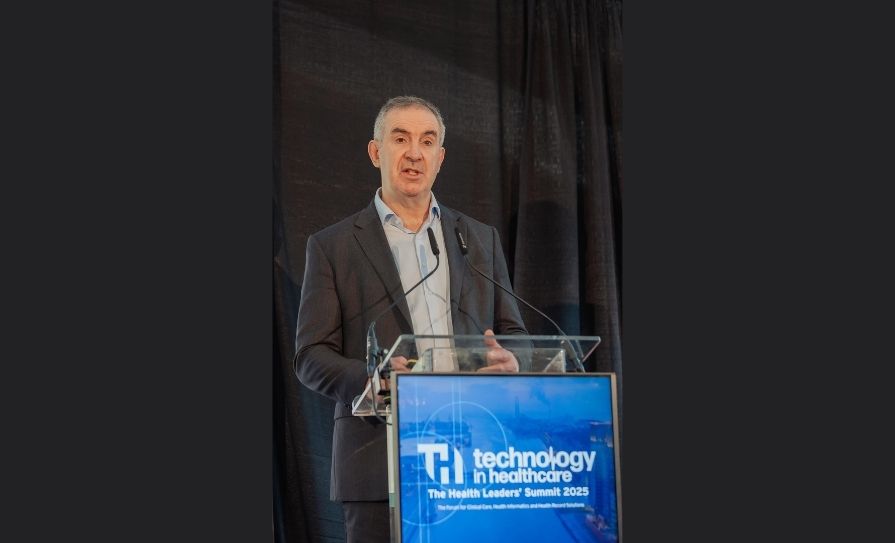







Leave a Reply
You must be logged in to post a comment.